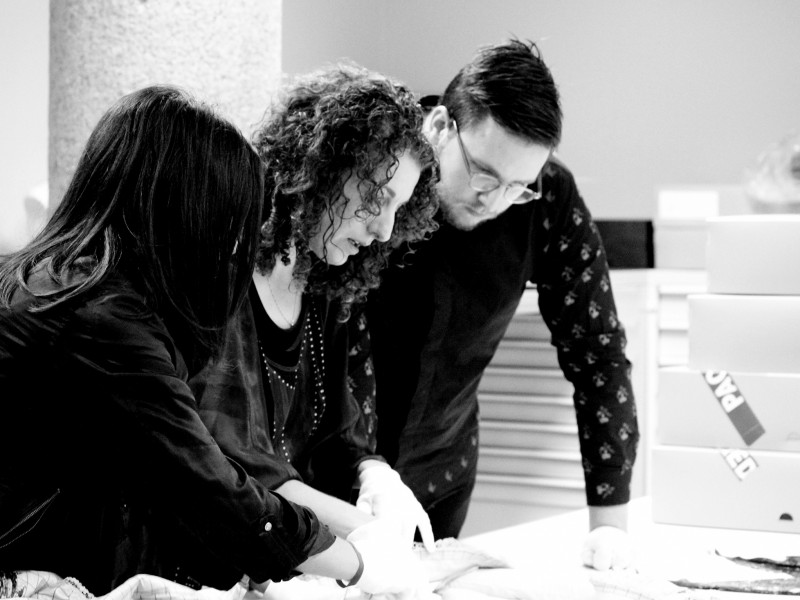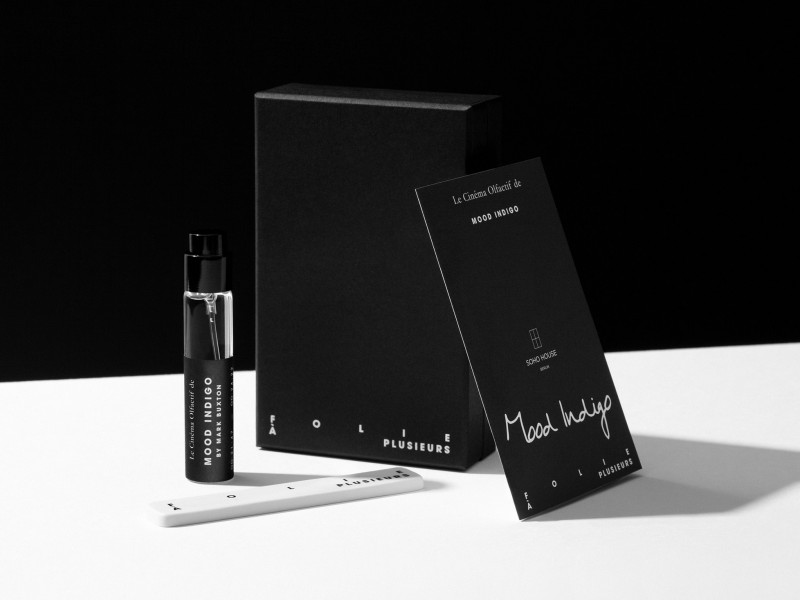Adam Brown, Founder of Orlebar Brown, is taking a more considered approach to mens swimwear. His insights into quality and the exchange of knowledge is encouraging consumers to reconsider their perspective.
Creating mens beach and swimwear since 2007, Orlebar Brown is based on the tailored simplicity of a well cut suit. A relief from the ubiquitous baggy shorts of recent decades. The brand’s inaugural release of product involved only four styles, four sizes and five colours, a modest but potent offering. Since its inception, Orlebar Brown has snowballed into one of the world’s most inspiring mens brands sold in iconic department stores across the world. Neue Luxury spoke to Adam Brown about the success of his brand and consumers’ changing expectations.
Neue Luxury: Congratulations on the success of Orlebar Brown, you must be pleased with the brand’s trajectory?
Adam Brown: We are on a fantastic journey that started from a desire to make something that we knew wasn’t in the market. Every day we are on a vertical learning curve and we strive for perfection and excellence in everything that we do. Our attention to detail is second to none. So essentially we are always finding things to improve on. We hope we are building the foundations of a brand that has a long future ahead of it.
NL: Do you think that the exchange of knowledge is an important ingredient in our relationship with luxury?
AB: Yes, but I always believe that an exchange of knowledge in any area of how we live, what we do and why we do it is an important ingredient to truly understanding anything. Our customer is very intelligent and educated about all aspects of their lives, why would they not apply these same rules to their relationship with luxury? True luxury for me says something about integrity, provenance, consideration, a confidence and service. For me the ultimate Luxury is authenticity and originality and the time to find and consider both.
NL: How has your perspective on luxury affected the choice of materials in your own work?
AB: The exciting part of what we do is finding the materials to help us create our collections. I think this can mean the most classic of fine cottons or the most innovative of quick dry man-made fabrics. I don’t just equate luxury with nature, I think that technology allows us to create the very best products that perform in the way we need and want them to.
NL: How has your relationship to, or perspective on, luxury changed over the years? Why do you think that is?
AB: In my younger days, whilst always hating ‘average’, I felt that luxury was something slightly superficial, something you could buy just by spending money. Now I absolutely understand that it is something far deeper, something far more intelligent and something really truly personal.
NL: Having grown up in Malaysia, Hong Kong and Japan, how do you think that those cultures view luxury?
AB: Although there is so much dialogue about the Far East and its relationship or obsession with ‘luxury’ and over recent weeks we have had the first signs that maybe this might be cooling off. For me I think it is unlikely that they are caring less about luxury, but just that maybe their understanding, belief or faith in luxury is evolving. I think luxury started off being associated with status and was something quite disposable and imported. Now, it is much more about sustainability and celebrating the best and most authentic of local as well as global culture. Just as with people from all over the world you can come into contact with the stereotype who shop for labels and labels sake and cant get enough of it—but the Chinese and Japanese customers I have met have always been far more concerned with where the product was made, why it has been made, what was the thinking behind it and really concerned with detail and quality. They appreciate, and are looking for benchmark product, the specialists in a particular field who do their job the best—something we strive to deliver.
NL: Why do you think that these cultures view luxury in this way?
AB: I am sure the emerging elites from these places have done their quick spending and realised that this does not give any real satisfaction and they have not actually bought luxury, just stuff. Now we are all far more canny and understand what really gives a lasting kick, what will really stand the test of time.
NL: Have you ever used the term luxury to describe the experience of your own work?
AB: It is a luxury for me to be working doing something that I absolutely love and am passionate about and I am lucky that I have a team around me who feel the same way. What could be more luxurious than waking up in the morning excited about your working day?
Orlebar Brown currently has three stand-alone stores in London (Notting Hill, Chelsea and Mayfair) and is sold exclusively at Harrolds, Australia’s Luxury Department Store.
For more visit www.orlebarbrown.com
Related Features
-
19
-
-
-

